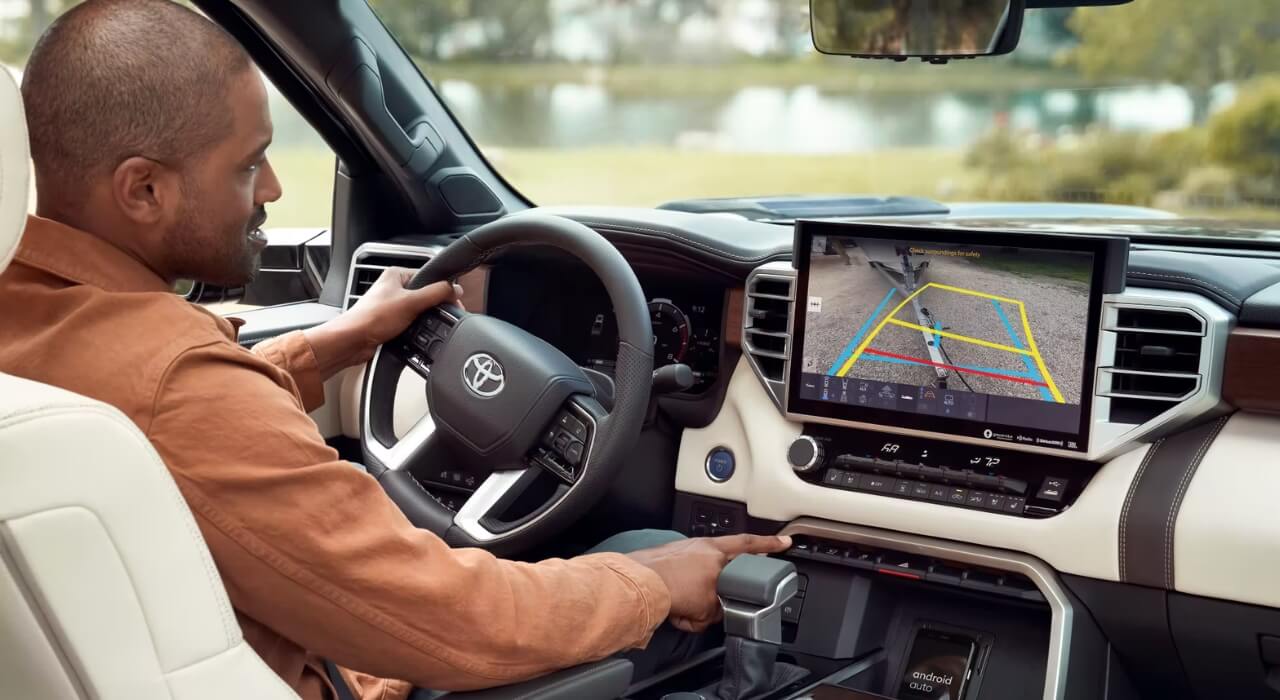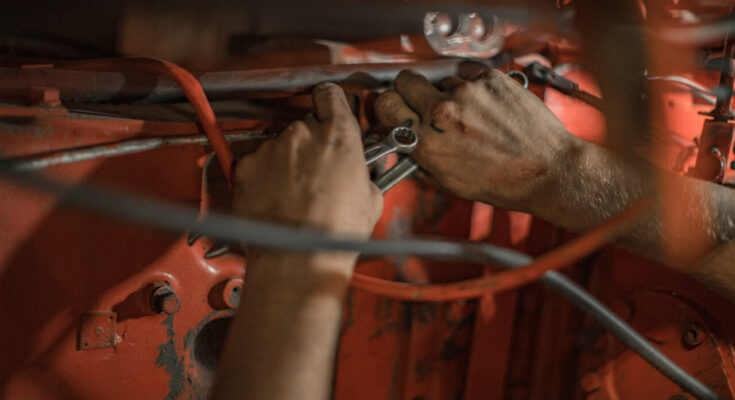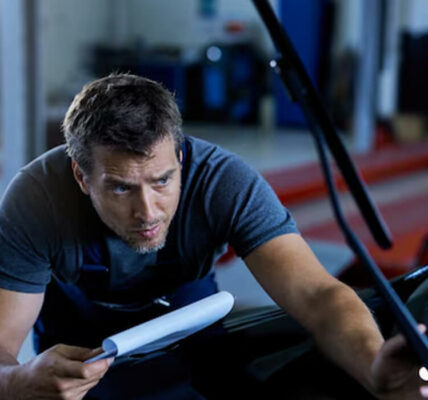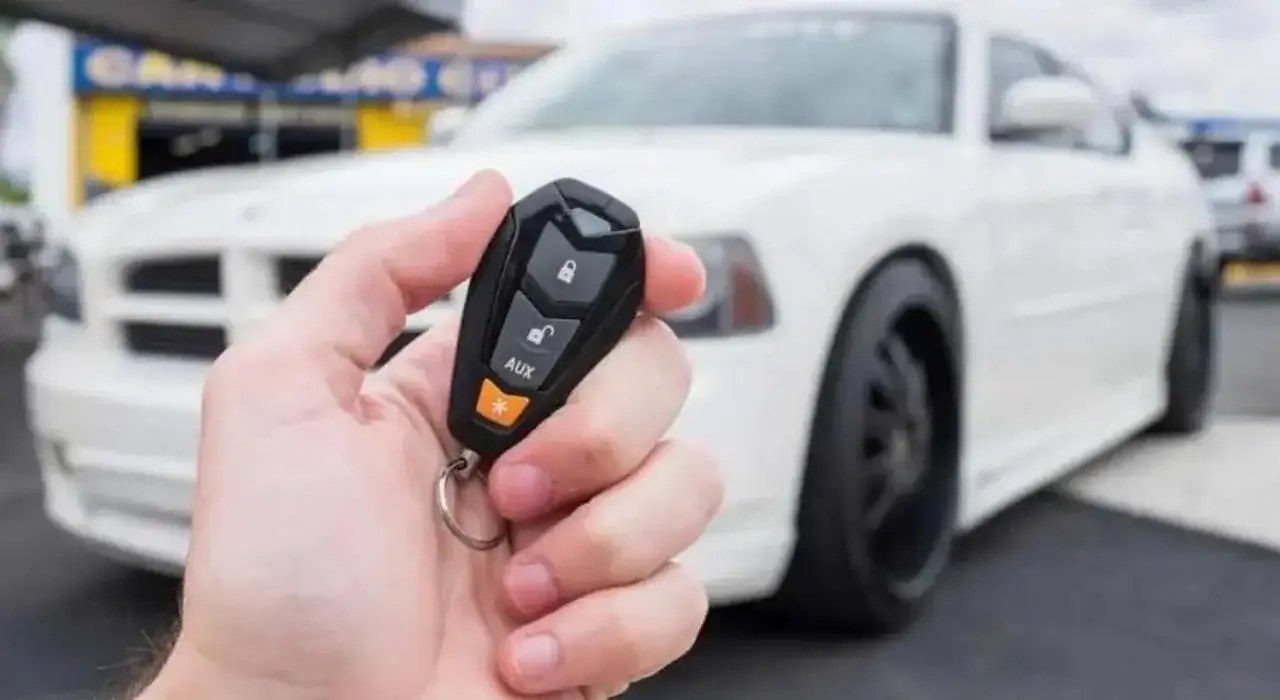With the increase in vehicle ownership and congested roads, the number of accidents worldwide is rising. Is there notable progress in terms of road safety measures? The World Health Organization believes so.
Its global status report on road safety 2023 stated that fatalities due to road accidents have fallen dramatically since 2010. Even then, the problem of a road crash remains. Such accidents are quickly becoming a public health crisis as commuters are still vulnerable to sustaining debilitating injuries. These reduce one’s quality of life.
Speeding over the prescribed limit and driver distraction continue to remain two of the most common causes of a road accident. However, there are numerous cases where mechanical failure was found to be the reason. Can mechanics be held liable for a car accident? If yes, then on what grounds?
This article will answer these questions. Keep reading to know the role mechanical failure plays in a car accident and who is to be held liable for it.
Common Types of Mechanical Failure Accidents
Mechanics owe a certain degree of care to their clients. In other words, they are responsible for ensuring that the vehicle under their care leaves the garage in a fit state. They must perform thorough maintenance checks and repair/replace parts that may be worn out or defective.
Given this huge responsibility, there can be different kinds of mechanical failure-related accidents. These include –
Suggestion: Are Radar Detectors Legal In USA? – Know Before You Buy In 2024
- Brake failure resulting from a total loss of braking power or faulty brake lines. Accidents resulting from brake failure also happen due to malfunctioning anti-lock braking systems and worn-out brake discs or pads.
- Tire malfunctions can also lead to road accidents. These may happen due to damage during the mounting process, inadequate repairs, manufacturing defects, and tire design flaws. If a tire blows out, the driver will suddenly lose control of the vehicle.
- Steering issues, including engine-related issues or problems with suspension, steering, and transmission. For instance – in case of no transmission, the engine will lose power causing the car to stop suddenly.
- Faulty turn signals that fail to notify nearby drivers of the vehicle’s intentions. There are some cases where the driver gives a turn signal too late (after approaching an intersection). However, a defect in the signal is not their responsibility.
- Broken tail lights that do not alert drivers at the rear that the vehicle is in reverse. This type of mechanical failure-related accident often happens in the dark as other drivers are clueless that a car is backing.
What Role Can a Mechanic Play in a Car Accident?
The next question is whether a mechanic can be held responsible for a road crash. The short answer is yes (provided the victim can provide sufficient evidence in court). So, what are the different ways in which a mechanic can contribute to a car accident? These include –
- Purchasing and installing unsuitable or incorrect auto components
- The use of replacement parts that are suitable but defective
- Performing unnecessary or incorrect repairs
- A failure to recognize all the repair work needed on a vehicle
- Carrying out illegal vehicle modifications
- Not removing any foreign objects or debris from the vehicle
It is important to mention here that the severity of the accident not only depends on the extent of mechanical failure but also the road the crash happens on. In other words, certain intersections like that of 46th North Street and W Walnut Street in Rogers Arkansas increase the likelihood of a fatal crash.
It is already known for recurring T-bone accidents. So, if a vehicle happens to experience even minor brake line failure, it is highly likely that it will crash into another T-bone. When such an accident occurs, other factors like speed, driver distraction, etc. will also be taken into account.
However, a car accident lawyer in Rogers, AR, will not rule out the possibility of mechanical failure. They will use all possible contributing factors of the accident into perspective to determine if there are multiple parties involved. If yes, then the next step is to find out the degree to which each is responsible.
How to Prove a Mechanic’s Liability?
According to the Keith Law Group, a liable party’s role in a car accident will only be established when their negligence is proven. This means a mechanic will only be held liable when the plaintiff can prove the following elements of negligence –
Also Check: Best 500 Hp Cars Under $20k You Can Buy In 2024
Duty of Care
As mentioned earlier, a mechanic owes their client a duty of care when they perform maintenance and repair work on the vehicle. The degree of care must be reasonable enough to ensure that the vehicle is safe to operate (even on crowded roads).
The first element to establish before the court is that the mechanic recently performed repairs or maintenance work on the vehicle.
Breach of Duty
The next thing to prove is that the mechanic failed to perform their duty adequately. This breach of their duty could take the form of improper repairs, installing substandard auto parts, or not performing safety trials before returning the vehicle.
In some cases of defective or substandard auto parts, the auto manufacturer could also be held liable (or at least questioned for their neglect).
Causation
The third element can be a bit challenging to prove unless a reliable attorney enters the picture. The plaintiff must prove that the mechanic’s negligence was directly responsible for the accident. This means the burden of proof involved includes proving how the accident resulted due to failing brakes, steering issues, etc.
Damages
The final element to prove is that the plaintiff suffered damages due to the direct result of the mechanic’s negligence. These damages could include physical injuries, emotional suffering, loss of wages, etc. Then the plaintiff becomes eligible to claim for reimbursement.
The process of car accident litigation is often long-drawn and complex. Insurance companies rarely wish to provide fair settlements, and plaintiffs are left struggling in a tough legal battle. This only adds to the suffering sustained from the accident.
This is why an experienced attorney is needed. Be it the mechanic, driver, auto part manufacturer, or others, they will take the necessary steps to ensure justice is served.



















